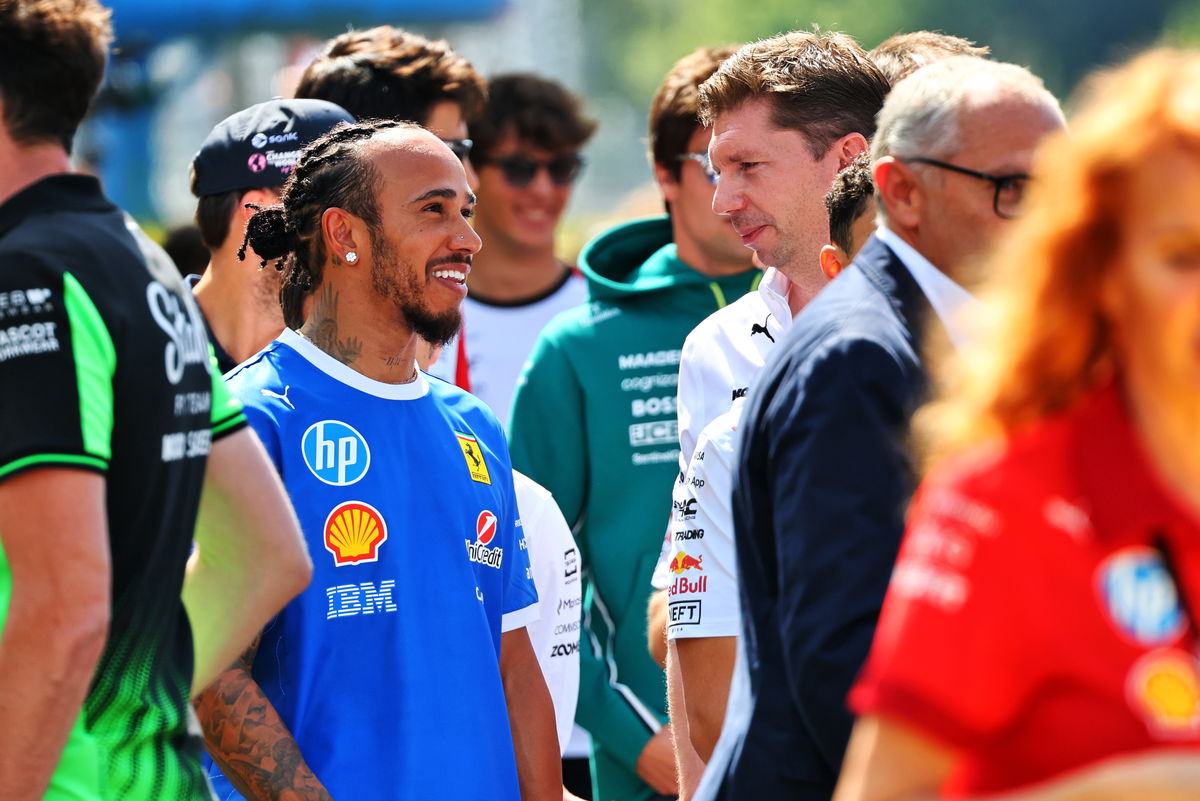
James Bowles, principal of the Williams team, paid tribute to Lewis Hamilton, dubbed him “the source of inspiration for me.”
Hamilton is F1’s most successful driver, winning over 100 Grand Prix wins and seven world titles.
The impact of 40 years of age since 2007 is felt to be off track even after getting off track.
Hamilton struggled in his first year at Ferrari, but his legacy and reputation remained unchanged.
Hamilton won six of his seven world titles at Mercedes following his inspirational decision to leave McLaren.
Hamilton shocked the world of sports in the second half of 2012 by deciding to leave McLaren.
At the time, McLaren was a front running team, challenging victory and title.
Conversely, Mercedes has won one victory for their name since returning to sports in 2010.
Vowles and Hamilton will join forces from 2013 onwards.
Vowles played a key role in the success of Hamilton’s title, rising beyond the ranks and eventually became Chief Strategist.
On Tuesday, Vowles took him to his social media account and posted a photo of himself with Hamilton over Italian Grand Prix weekend.
Caption: “I have always had fond memories of all my victory and championships with Lewis. He is a source of inspiration for me.”
A loud voice about working with Hamilton
It’s not surprising that Lewis Hamilton is so highly valued.
It works when Hamilton shouldn’t make a strategy call to Vowles, and vice versa.
In an interview with the High Performance Podcast, Vowles detailed a story that highlights Hamilton’s talent and intelligence behind the wheel.
Vowles also declared that Hamilton was the “most natural talented driver” working with him.
“Lewis was and still was when he joined us (2013)…the most natural talented driver I have worked there, including Michael, in my Mercedes career.
“He has these trends and traits. Here, when you go out to FP1, he becomes like an octopus across the wheel.
“There was a time in the Brazilian simulation that he said he would be seventh on the hill. On two laps, Nico was doing what he asked him to do. What Lewis did on two laps was, ‘This doesn’t feel right,’ went back to sixth, where he found a tenth.
“He’s this optimiser and uses the data as a starting point, but he feels like something else for it and has no problem exploring boundaries.”


